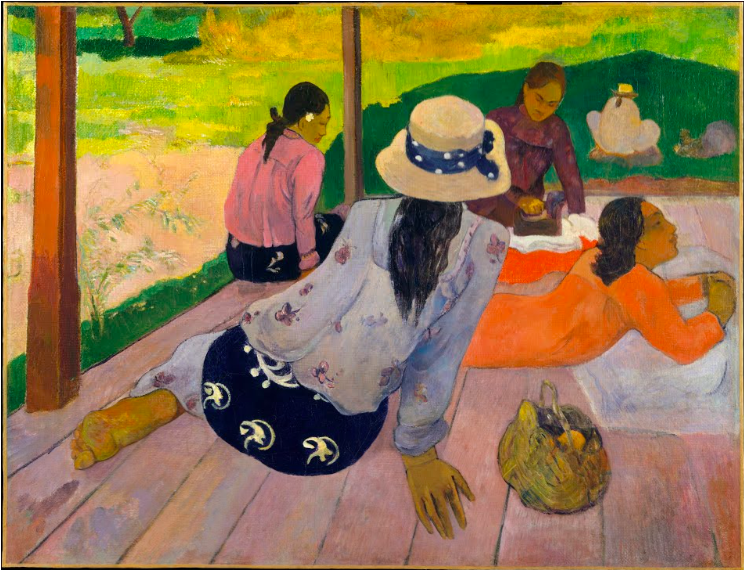
Creativity is our ability to think in new and original ways to solve problems. It’s the ability to come with ideas that are novel and useful. So, obviously not every generated idea is creative, in fact, the idea is not creative unless it’s applicable.
According to the research, developing an original and creative idea requires the simultaneous activation of two contradictory networks in the brain: the spontaneous network alongside the more conservative network. It’s the process of synthesising memory, knowledge and experience, which means that the experiences of our daily life, the ebb and flow of our thoughts and feelings, our imagination, our dreams, and the world around us are all sources of creativity.
And in order for us to tap into the infinite universe of creativity, here are a few “unpopular” activities, mundane habits to adopt, that I promise, you’ll never regret.
Handwrite.
Keep a journal, write your thoughts. Regardless of what you write, writing helps you organise your thoughts, form opinions and gain better self-awareness. You might be surprised to realise that you don’t know what you think about unless you write it. Our thinking process is quite biassed, whereas free writing is like a free fall of your thoughts right from your subconscious mind bypassing the filter of logic, knowledge and bias.
Write down your ideas, your thoughts, your experiences, anything that bothers you, anything that makes you happy or you feel grateful for, write about not knowing what to write about, doesn’t matter, just write. From the neuroscience perspective writing engages various regions of the brain that are involved in language, memory, and cognitive processes, which is an incredibly powerful mental stimulation.
Walk.
Walking is probably one of the most forceful brain stimuli and the most underrated form of working out. Studies prove that walking increases creative output by 60%. Of course, the benefits of taking regular walks for physical health are well-documented, however, walking also has a tremendous impact on brain health. Movement allows ideas to flow freely. The act of walking contributes to divergent thinking because walking triggers thoughts of moving from one idea to the other.
Do nothing.
I was listening to an interview of Neil Gaiman, one of my most favourite authors, where he said: “I allow myself to do absolutely nothing or I write”. I tried it, it’s true, it works.
Taking short breaks throughout the day helps you recharge, which boosts creativity. Nothing – doesn’t imply scrolling the social media pages, or listening to music or doing anything else but the actual work, nothing means nothing. Sit and stare, look around, breathe, let your mind wander and, in the meantime, DO NOTHING, simply embrace the art of boredom. You might be surprised to see how efficiently it inspires creative breakthroughs.
Sleep.
Sleep consolidates memories, personal experiences and the entire informational data that is crucial for creativity. If you need to find a solution to a specific problem or come up with an idea, “sleep on it”, literally go to sleep with that thought in your mind. According to new research the twilight zone between sleep and wakefulness may be a “creative sweet spot”. So create opportunities for you to be in that sweet spot once or multiple times a day, allow yourself to take 10-15 minute long nap/s throughout the day, even if you don’t notice the immediate creative output, you’ll definitely notice that your creative problem solving ability significantly enhances.